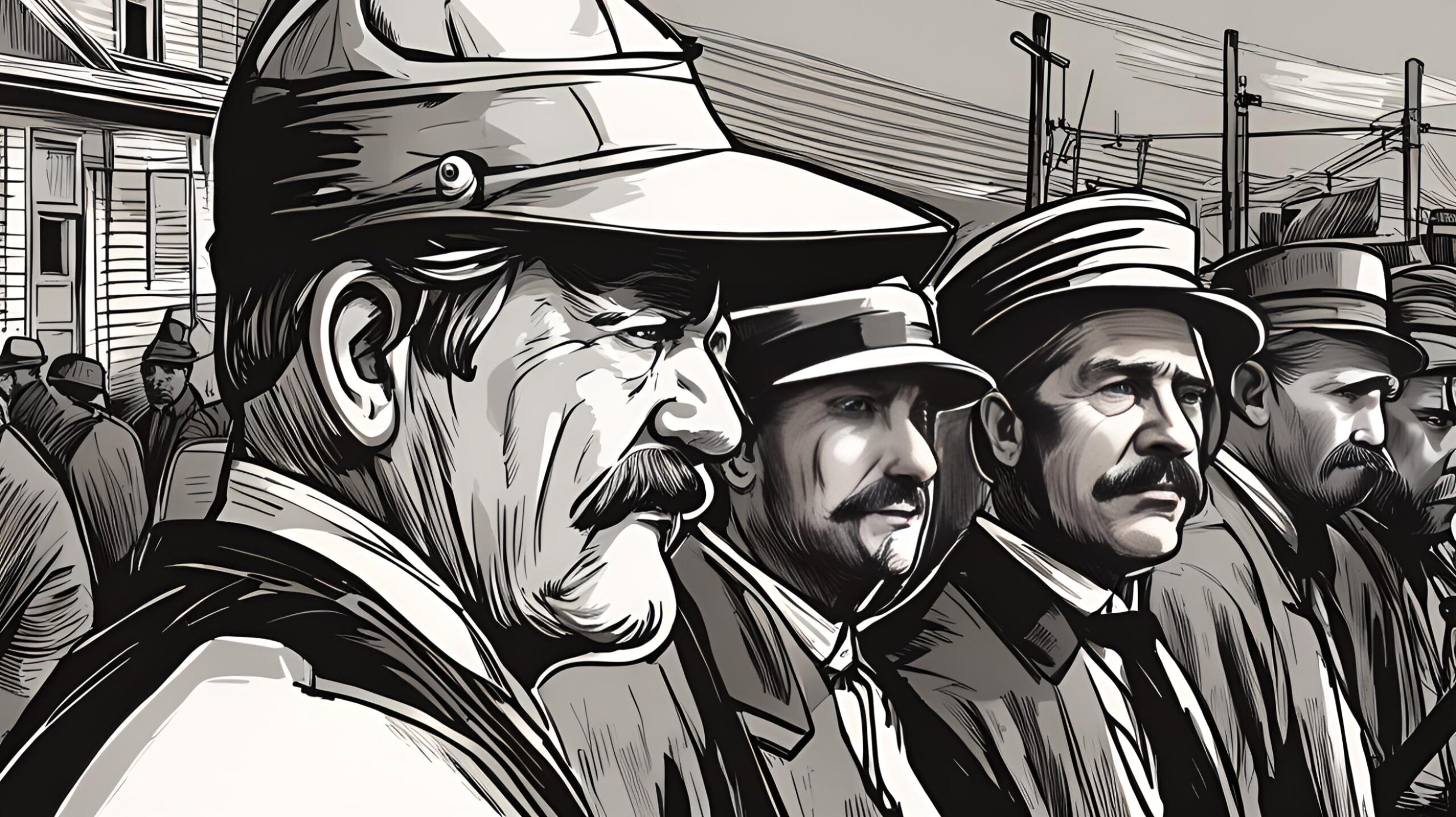Flashback to July 2
American History

2006
Samuel Alito is sworn in as an associate justice of the Supreme Court of the United States.
Read moreOn January 31, 2006, Samuel Alito was sworn in as an associate justice of the Supreme Court of the United States. This significant event marked the culmination of a long and often contentious confirmation process. As the 110th justice of the Supreme Court, Alito’s appointment had far-reaching implications for the future of the highest court in the land.
Samuel Alito, born on April 1, 1950, in Trenton, New Jersey, had a distinguished legal career before his appointment to the Supreme Court. He graduated from Princeton University, where he majored in public and international affairs, and then went on to attend Yale Law School. After his graduation, Alito served as a law clerk for a federal appeals judge before joining the Reagan administration’s Department of Justice.
Alito’s journey to the Supreme Court began in 1990 when he was appointed as a judge for the U.S. Court of Appeals for the Third Circuit. During his tenure on the Third Circuit, Alito developed a reputation as a conservative jurist with a strong adherence to the principles of textualism and originalism. These judicial philosophies prioritize interpreting the law based on its original meaning and intent, as opposed to a more expansive or evolving interpretation.
In 2005, Justice Sandra Day O’Connor announced her retirement from the Supreme Court, creating a vacancy that President George W. Bush sought to fill with a conservative jurist. President Bush nominated Alito on October 31, 2005, but his confirmation process was not without controversy. Liberal advocacy groups and some Democratic senators voiced concerns about Alito’s conservative record and the potential impact his appointment could have on key issues such as abortion rights and civil liberties.
Nonetheless, after a series of hearings before the Senate Judiciary Committee, the Senate confirmed Alito’s nomination by a vote of 58-42, largely along party lines. On January 31, 2006, Chief Justice John Roberts administered the oath of office to Samuel Alito, officially welcoming him as an associate justice of the Supreme Court.
Alito’s presence on the Supreme Court has had a profound impact on the court’s ideological balance. As a staunch conservative, he has consistently voted in favor of limiting the scope of government power and upholding individual rights. His opinions have often aligned with the originalist approach, attempting to interpret the Constitution as the framers intended.
One of Alito’s most notable opinions came in the case of District of Columbia v. Heller in 2008. In a 5-4 decision, Alito joined the majority in holding that the Second Amendment protects an individual’s right to possess a firearm for self-defense within their home. This landmark ruling marked a significant shift in the Court’s interpretation of the Second Amendment and ignited a contentious debate on gun rights in the United States.
Since his appointment, Justice Alito has become known for his impassioned dissents. He has frequently clashed with his liberal colleagues on issues such as campaign finance, affirmative action, and religious liberty. Alito’s dissents have garnered attention for their strongly-worded critique of majority opinions and his willingness to challenge long-standing precedent.
As the Supreme Court continues to shape the legal landscape of the United States, Justice Samuel Alito’s impact will undoubtedly be felt for years to come. His conservative approach to constitutional interpretation has solidified a conservative majority on the Court, providing a lasting legacy for the principles he holds dear.
Samuel Alito’s swearing-in as an associate justice of the Supreme Court on January 31, 2006, was a momentous event in American judicial history. His confirmation and subsequent tenure on the Court have had a significant impact on rulings related to fundamental rights and the interpretation of the Constitution. Whether celebrated or criticized, Justice Alito’s conservative jurisprudence will undoubtedly shape the Court’s decisions for many years to come.
We strive for accuracy. If you see something that doesn't look right, click here to contact us!
Sponsored Content

Government obtains injunction against…
The government successfully obtained…

California begins issuing billions…
California faces fiscal challenges…

The first US coin…
On July 2, 1979,…

US Supreme Court upholds…
In a landmark decision…

Forty-eight die in rioting…
The East St. Louis…

Lake Washington (Seattle, Washington)…
On July 2, 1940,…

